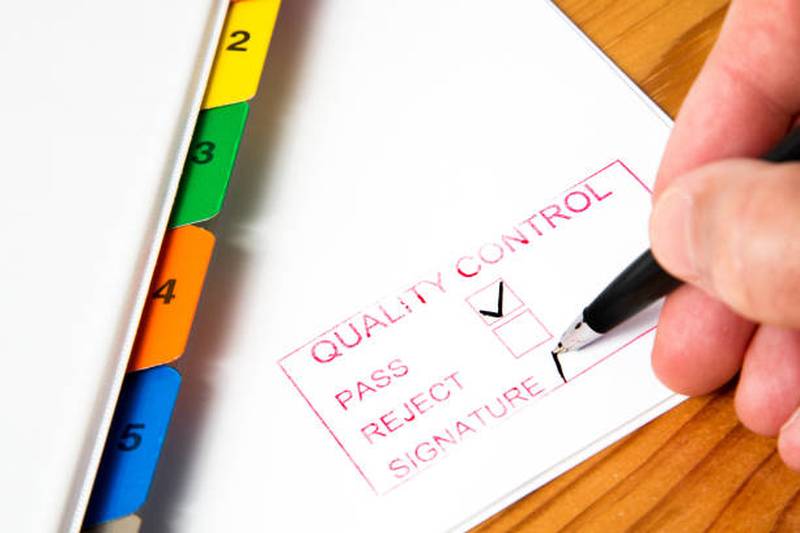 Quality assurance (QA) is important in any business. Even when you have excellent products, effective marketing strategies and loyal customer base, the perception and utility of all these things can fade quickly if you take quality assurance for granted.
Quality assurance (QA) is important in any business. Even when you have excellent products, effective marketing strategies and loyal customer base, the perception and utility of all these things can fade quickly if you take quality assurance for granted.
When your customers, or even your staff, notice that your QA is suffering, this leads them to question how much detailed care and thought you are placing in your output. Therefore, it is essential to ensure not only the maintenance of your QA but its improvement over the years as well.
QA means much more than ensuring all products are in relatively good condition before they leave your warehouse. Rather, it is about ensuring that you are applying QA processes from the ground-up, so that when final inspections take place, there is almost nothing to question.
Whether you run a small cafe, a custom screen-printing business or a multi-million dollar company, thinking along these lines can result to a better business. With that in mind, let us consider how to achieve and improve the quality assurance process in your business below:
Industry-Standard Equipment
Industry-standard equipment is designed to produce products at scale while keeping the uniformity and quality of each product at a golden standard. For instance, an industrial embroidery machine can make even the most seasoned seamstress or practical clothes manufacturer develop and alter their products at scale, with a machine that provides easy maintenance, a stellar result, and enhanced utility within their firm. It is not hard to see why more and more people are starting to see the benefit of investing in the tools that the largest firms use in said industries.
Safety Standards
Of course, safety is an essential part of quality assurance. First, it prevents products from being manufactured in a risky environment. For instance, ensuring that nuts, peanuts or other allergens are nowhere to be seen near a manufacturing process lessens liability risk exponentially. The second reason why safety is important to QA is that it ensures that your products aren’t tainted by bad practice. Safety standards are not just there to protect your staff, but your customers, clients and consumers too. They guarantee that each product meets code and is not exposed or harmed by any extraneous issues. In some industries, like food production, this is even more essential. Reinforcing these rules, then, could be a vital step in this journey.
Reporting Systems
When setting up your quality assurance systems, remember that ridding of errors completely is impossible. What matters is being able to identify problems quickly, enact solutions, and reduce the issues that happen in a realistic manner. This means that competent reporting systems put in place tag, handle, and properly dispose of incorrectly structured goods. This can be the last catching process that prevents a faulty item from reaching the general public. It is something you would not want for obvious reasons. The more easily that communication can pass, the more readily you can enact a solution.
With this advice, you are sure to improve your quality assurance from the ground up.